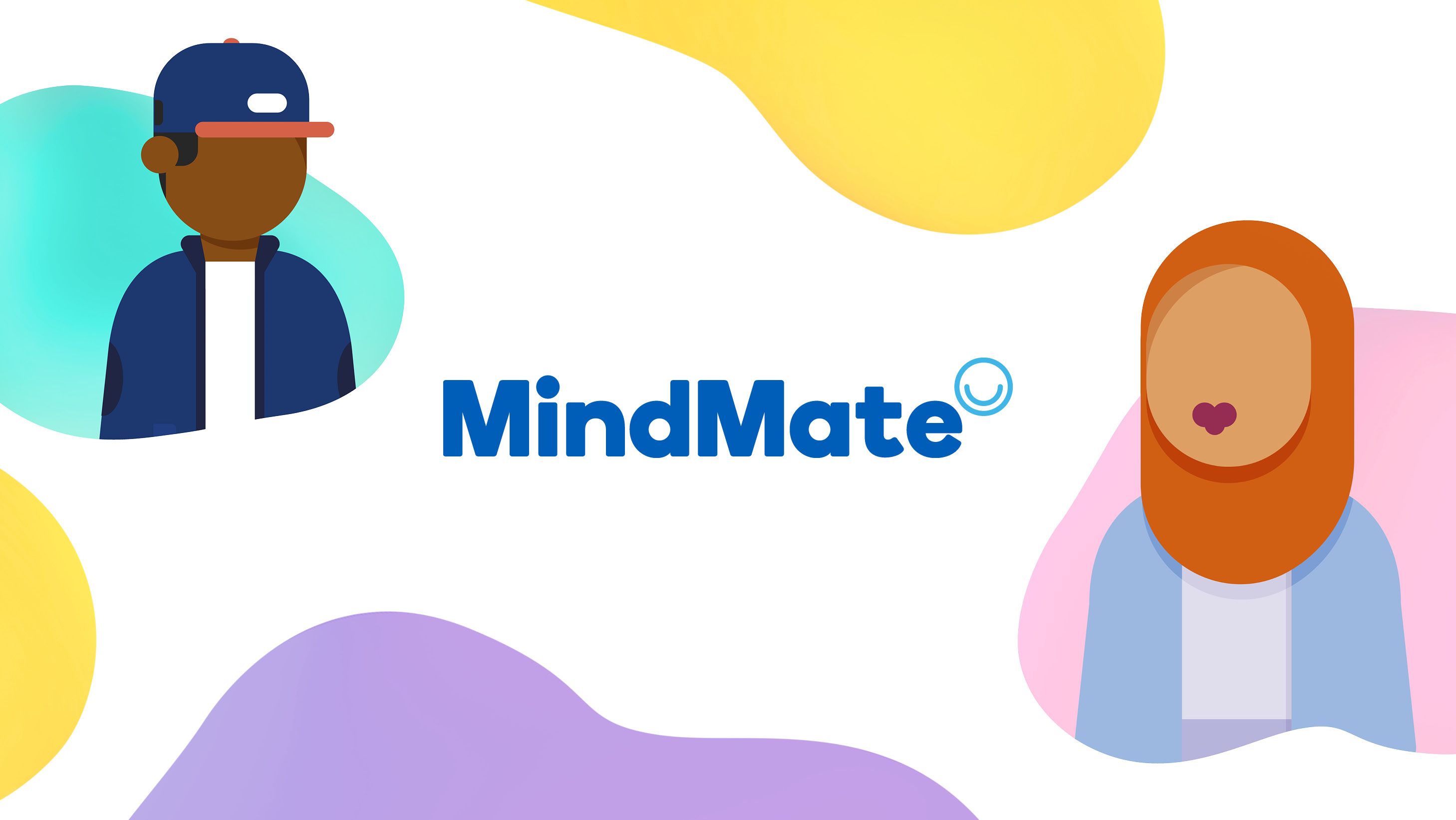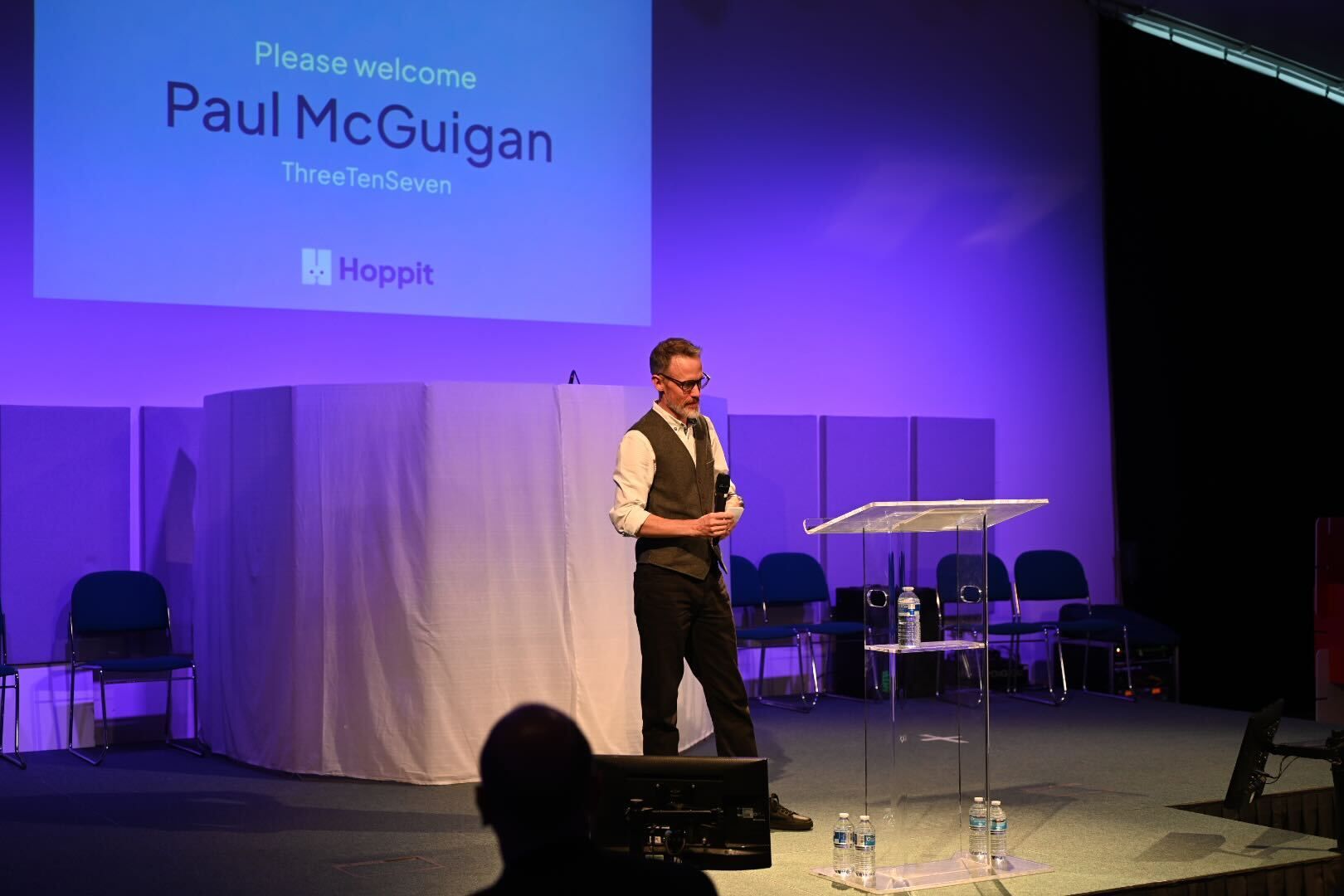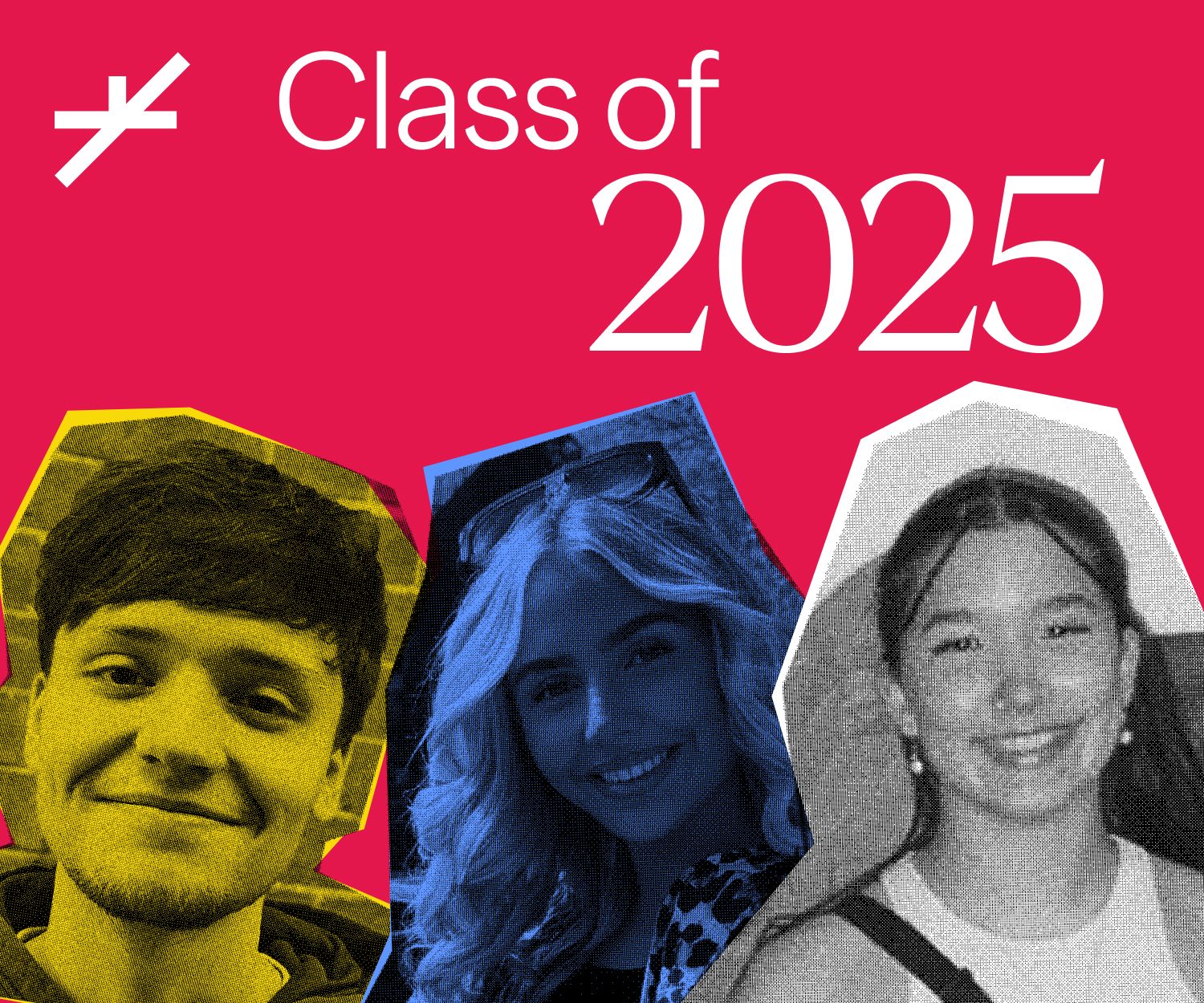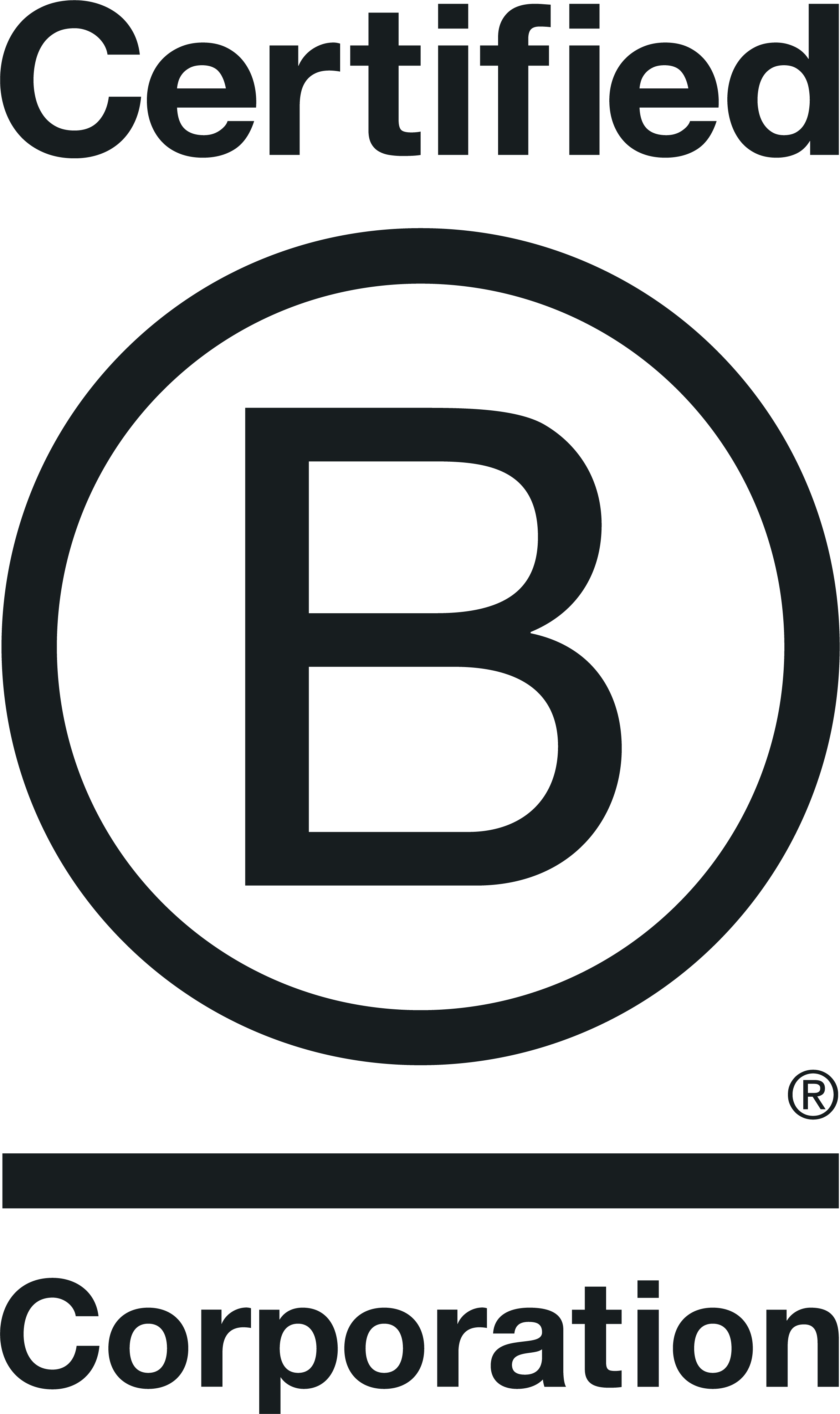In a recent piece of research by Prophet, the NHS has for the first time become the UK’s most relevant brand, knocking Apple off the top spot.
We have known for some time, from our own work with the brand, that the NHS blue logo has the highest unprompted recall of any brand when tested with the public. So we are not surprised, as the NHS makes such a difference in peoples’ lives.
Our role in the NHS brand
Over recent years, Thompson has regularly helped with the management of the NHS brand, through programmes of deep public research, and the development of a set of comprehensive online guidelines. This has helped the numerous parts of the NHS to use the brand in a co-ordinated and cost-effective way. Patients and the public demand simplicity and the ability to identify NHS services, especially when private sector operators are delivering more and more of them.
To see The NHS standing tall above the likes of Apple, Spotify, Netflix and Sony Playstation feels very reassuring to us. We’re proud of the work the NHS continues to do in challenging times and of the work we continue to do to help this happen. It is an extremely important brand, signifying an institution that makes our country great.
Close to home
The NHS’s increasing brand relevance speaks to a level of uncertainty for UK consumers that runs deep at the moment, resulting in an even stronger appreciation for brands that represent the backbone of the nation.
The NHS was one of a number of British brands that have increased their relevance, climbing eight places since last year’s survey. Jaguar, Mini, Lush and Bupa were other significant risers.
Is purpose still important?
In an era of consumer interest in brand purpose, a number who make a point of their values experienced an upsurge in relevancy. Lego, Ikea and Lush were all deemed to appeal to consumers for their eco credentials.
The fourth annual Brand Relevance Index, which quizzed 12,200 UK consumers on more than 235 brands, suggested that the public favours British brands, as well as products that provide a distraction from uncertainties around Brexit and global politics.
Apple was knocked back to fifth place in this year’s ranking, marking its first fall from the top position since the survey started. Following the NHS, music-streaming service Spotify was number two, trailed by Netflix and Sony PlayStation. Elsewhere in the top 10, Lego came sixth, Fitbit seventh, Lush eighth, Samsung ninth and Google 10th.
What about the tech giants?
But as the influence of tech giants increased and their abuse of market dominance attracted more headlines, trust in technology wavered. Apple’s fall exemplified this.
Conversely, product ownership continued to lose its value, according to the research, with more consumers favouring rental-style products and services, such as Spotify, Uber (17th), Zipcar (22nd) and Netflix.
Consumer views on brands across 26 industries were measured across four brand principles: customer obsession, ruthless pragmatism, pervasive innovation and distinctive inspiration.
Prophet also quizzed consumers in other global markets, where different trends emerged. In the US and Germany, Apple was still top, while Alipay took the number one spot in China.






